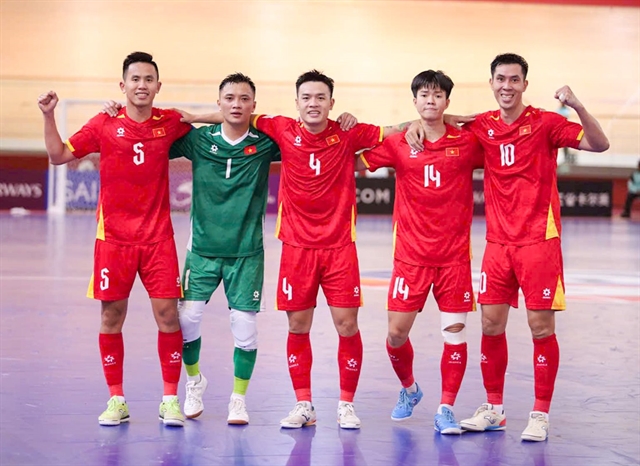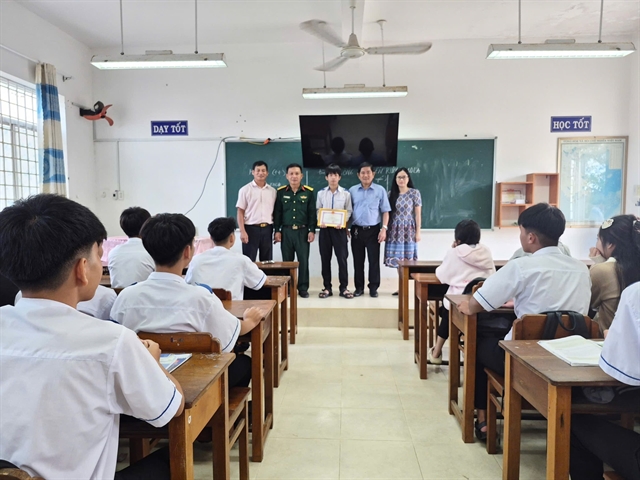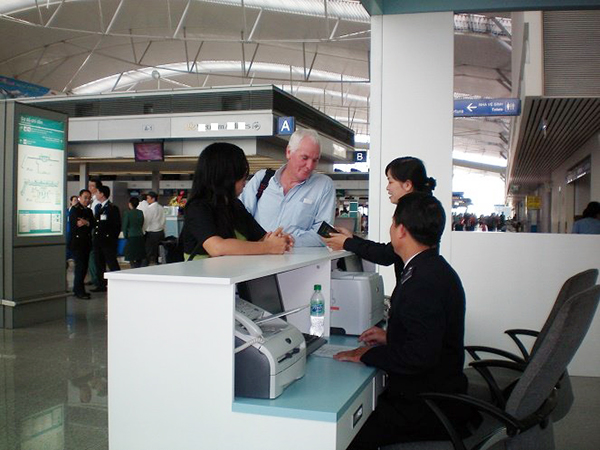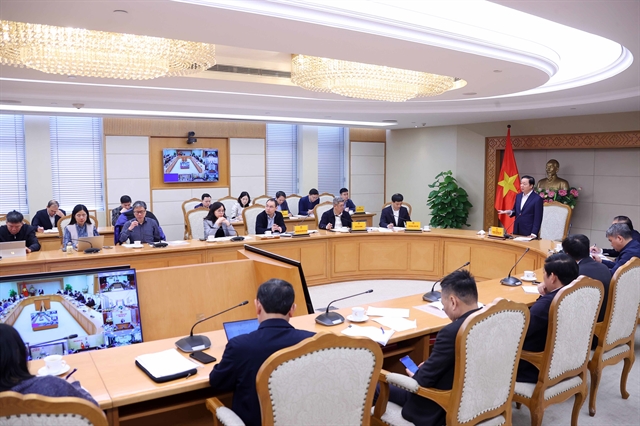 Opinion
Opinion


|
| Eric Coudray, Indochina war expert and doctor of contemporary history at Paul-Valéry University Montpellier. VNA/VNS Photo |
PARIS — Việt Nam’s victory in Spring 1975 was the result of the longing for reunification and the tight organisation of the Liberation Army, with unity based on national consensus being the core and most sustainable source of strength, according to a French scholar.
In an interview to Vietnam News Agency correspondents in Paris on the occasion of the 50th anniversary of the Liberation of the South and National Reunification, Eric Coudray, history teacher in Annecy, Indochina war expert and doctor of contemporary history at Paul-Valéry University Montpellier, stressed that April 30, 1975 marked the end of nearly 30 years of continuous struggles that began in September 1945. It was an extremely fierce period in Việt Nam's history, during which the country fought French colonialists and later US imperialists.
Emphasising the role of national unity in achieving this historic victory, Coudray highlighted the importance of reconciliation and national harmony in the country's development.
Reflecting on Việt Nam's development journey 50 years after reunification, he praised the efforts in rebuilding the country after the war, affirming that the end of the war provided the new government with an opportunity to focus on building a unified nation and reconstructing war-torn areas, despite facing numerous challenges.
The true turning point, according to the scholar, came with the 1986 Đổi Mới (Renewal) policy, when Việt Nam opened up its economy, promoted trade, and integrated into the global market.
This policy truly propelled Việt Nam into the process of modernisation, shedding the image of a nation known only for its colonial past, he assessed.
Coudray praised the country’s skillful approach in expanding its partnerships, reconciling with France and the US, thereby emerging as a modern nation in the Indo-Pacific region.
Regarding the France-Việt Nam relations, the scholar said that since 1973, when the two countries resumed their diplomatic relations, their bond has been increasingly strengthened through shared history and culture, and later expanded into areas such as trade, science, education, defence, and tourism.
This relationship has also facilitated Việt Nam's participation in the Francophonie Community, he remarked. — VNS




